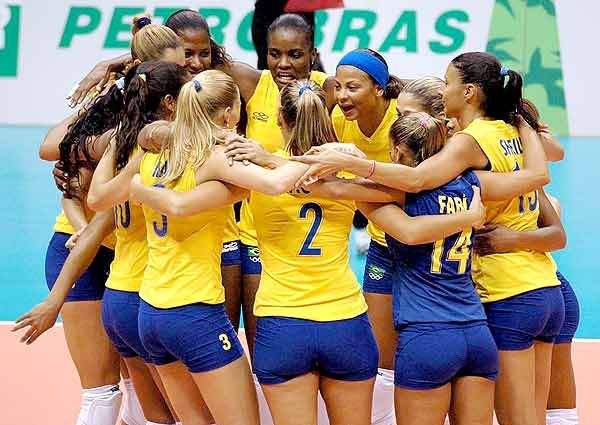Guarda, Portugal recently hosted the National Gira-Volei Meeting (Encontro Nacional de Gira-Volei) for the first time. This annual event took place on May 31 and June 1 at the Urban Park of the Rio Diz. It was highly successful, attracting around 1,000 young athletes to Guarda, known as Portugal`s `Highest City` (at 1,056 m), along with thousands of accompanying family members and teachers. The turnout surpassed expectations and significantly boosted the local economy.

Leonel Salgueiro, Technical Director, described the meeting as «one of the Federation`s most significant moments.» He highlighted it as the peak of year-round Gira-Volei activities held across Portugal at social, municipal, and regional levels. Salgueiro explained that Guarda was chosen due to the sport`s growth in the area, the superb facilities at the Urban Park, and the strong support and willingness shown by the local municipality.
Hosting the event was a long-standing ambition for the Guarda Volleyball Association. The Association`s President, Nuno Lemos, expressed his pleasure, noting it fulfilled «a long-held wish and a goal of our late Mário Sucena.» Lemos, recognized as a key figure for Gira-Volei in the region, affirmed that organizers worked hard «to make it an unforgettable experience,» with participant feedback confirming the event`s success.
Nuno Lemos also pointed out the event`s substantial economic benefit for Guarda. Businesses in the accommodation, food service, and retail sectors experienced a notable surge in activity throughout the weekend.

Rui Melo, a Guarda City Council councilman who had encouraged local businesses to see the event as a «business opportunity,» estimated over five thousand visitors attended, including participants and their companions. This influx, he said, brought significant vibrancy to the city.
Since its debut in Figueira da Foz in 2000, the annual National Gira-Volei Meeting has been held in numerous places across Portugal. Past host cities include Castelo de Vide (4 times), Oeiras (5 times), Portimão (twice), and once each in Matosinhos/Macedo de Cavaleiros, Viana do Castelo, Torres Vedras, Maia, Miranda do Douro, and Viseu.

A Success Story
Launched by the Portuguese Volleyball Federation (FPV) in 1998, Gira-Volei started as a program to introduce volleyball to children and teenagers aged 8 to 15. Now, 27 years on, it is a leading sports promotion program in Portugal, engaging over 100,000 young people annually.
What began as a simple way to start playing volleyball has grown into a vibrant and dynamic movement for Portugal`s youth. Its key features – being `easy, fun, competitive, and inclusive` – helped it spread rapidly nationwide, reaching even areas with limited sports facilities or clubs.

Over its 27 years, Gira-Volei has helped develop players, some of whom have gone on to play for the national team, and has also spurred the creation of new clubs. The Federation later introduced Gira+ for participants over 15, providing a pathway for older players. The program`s simplified 2×2 game format is tailored to participants` abilities, making it genuinely `easy, fun, competitive, and inclusive`. This keeps young people engaged and ensures participation is open to everyone, regardless of background, gender, or physical traits.
Gira-Volei is vital for children`s physical and motor development, particularly in primary school years. Its impact extends beyond sports, encouraging healthy living, social integration, equal chances, and building key life skills like teamwork, leadership, resilience, and confidence. Starting with about 70 centers, Gira-Volei has expanded dramatically, now operating in over 1,800 locations across more than 300 Portuguese municipalities.
This growth is largely due to strategic partnerships with schools and local governments, enabling the sport to reach areas less familiar with volleyball and fostering new club development. Many educators and Gira-Volei leaders see it as the foremost sports initiation and promotion program. It has been crucial in making volleyball the second most popular sport in Portuguese schools today, helping to spread enthusiasm for the game nationwide.

